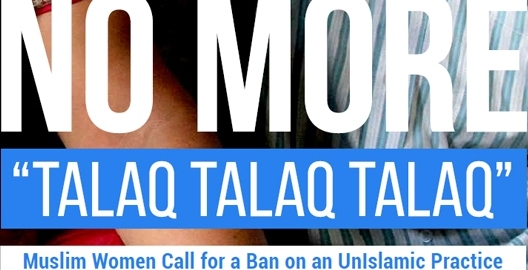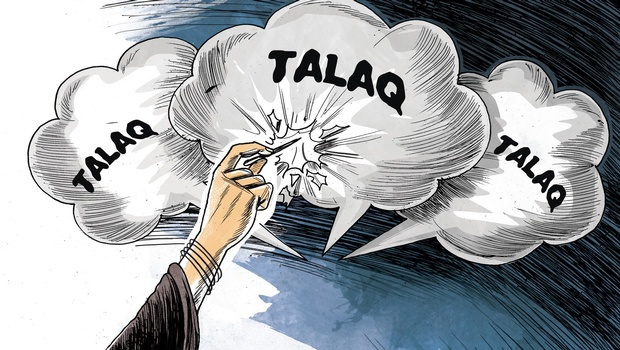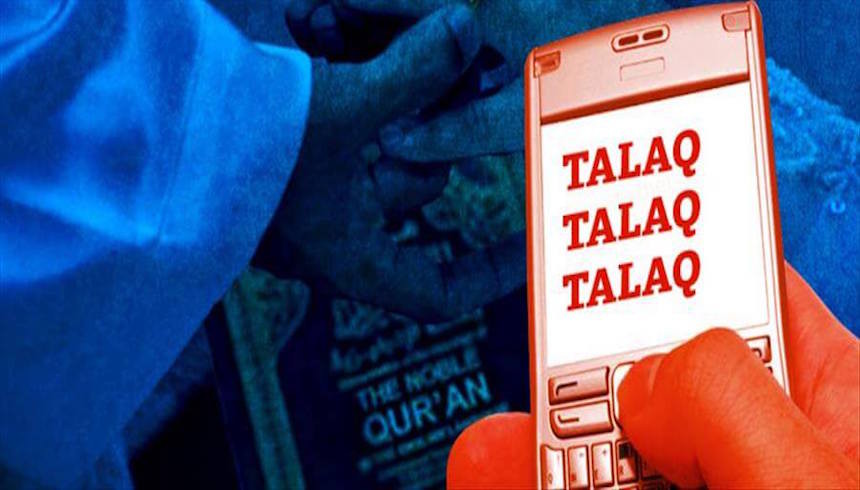Narendra Modi-led Union Government has opposed to the Muslim practice of triple talaq as it has informed the Supreme Court. The government said in its stand that they are against such practices and described it as “misplaced in a secular country.”
The Supreme Court has been examining how much it can interfere in Muslim laws governing family-related issues as it hears a plea to end the practice which permits Muslim men to divorce their wives by saying “talaq” three times.

However, the Indian constitution allows Muslims, the biggest religious minority group in the country, to regulate matters such as marriage, divorce and inheritance through their own civil code.
The top court had asked the government to weigh in on the debate as to whether intervening in the law would violate the Muslim community’s fundamental rights. The centre today said, “gender equality and the dignity of women are not negotiable.”
Women’s rights activists have long called for reform of the Muslim personal law which they say discriminates against women. What they want instead is a well-defined law that criminalises polygamy, unilateral divorce and child marriage.
Campaigners say the “triple talaq” practice – which allows Muslim men an instant divorce with Muslim women being divorced via Facebook, Skype and text message – is unconstitutional because it violates the right to equality.

Earlier, the top decision-making body for Muslims in India, the All India Muslim Personal Law Board, said the court cannot interfere in the religious freedom of minorities and “rewrite personal laws in the name of social reform”.
“Triple talaq is not valid as per the Koran, which stresses mediation and reconciliation before the decision to divorce,” said Zakia Soman, co-founder of Bharatiya Muslim Mahila Andolan (BMMA), which campaigns for Muslim women’s rights and is a co-petitioner in the case.
In a 1985 landmark judgment, the Supreme Court granted divorcee, Shah Bano, alimony for life. But following protests from Muslim leaders and others that the court was being intrusive, the judgment was overturned.

